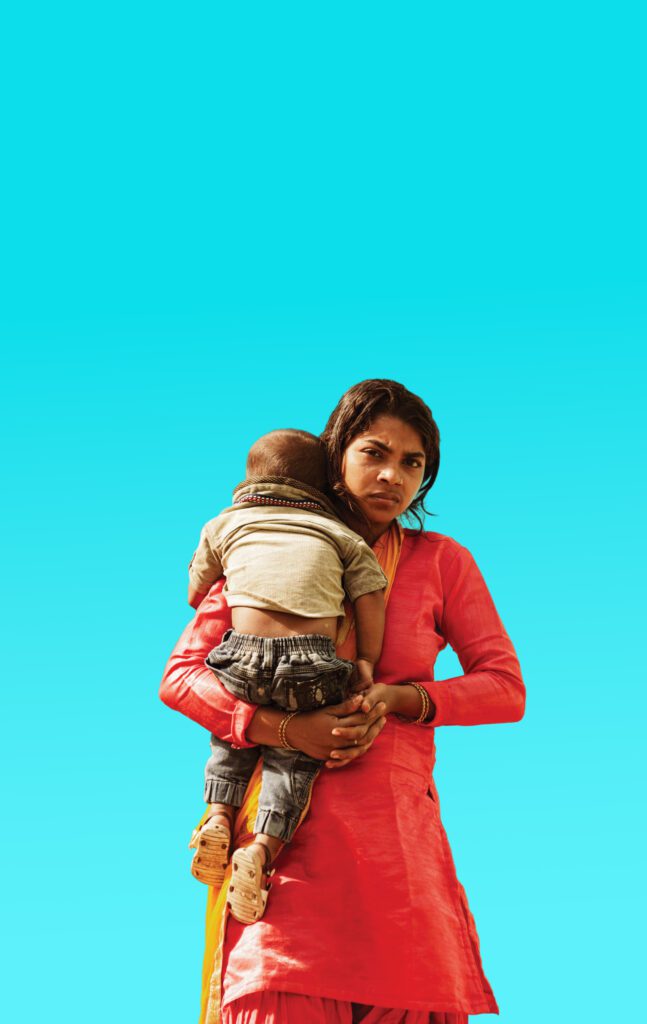
Peggy Noonan’s recent Wall Street Journal column about the need for bipartisanship in health care policy, speaks to what we are witnessing and achieving in our own work: “America is in trouble, with huge problems. The people are … desperate for a sense that improvement is actually possible.”
One of the most important things Share Our Strength is doing, in addition to relieving the terrible hardship suffered by hungry kids, is demonstrating, irrefutably, that improvement is actually possible. Childhood hunger has been reduced by at least 30% since we began the No Kid Hungry campaign. It is at its lowest level in many years. Adding more than 3 million kids to school breakfast, high SNAP participation, low unemployment, and economic growth have all played a role.
Last week the Center on Budget and Policy Priorities led by our board member Bob Greenstein reported that child poverty, now at 15.6 percent, is at a record low, half of what it was in 1967. And last month USDA reported that 17.5% of children (1 in 6) live in food insecure households, but only 8.8% of kids (less than 1 in 10) live in a household with at least one food insecure child.
That the American people are “desperate for a sense that improvement is actually possible” underscores the need to emphatically embrace and promote the anti-hunger community’s success. Organizations like ours often experience a “success paradox” feeling tension between dramatizing the severity of the problem, and showing progress that tells stakeholders the severity has been diminished and they are getting a great return on their investment. However that is a false choice akin to a winning NFL football team feeling they have to keep the score close or the fans will stop coming to cheer. Just the opposite is the case. Fans cheer victory. Investors invest in success. Besides, the truth is that even though there has been great progress, significant and compelling need remains.
At a time when our nation, battered by tragedy, divided politically, is desperate for good news, we have some: childhood hunger and child poverty rates are dropping, lives are being saved and changed. And having proven that we can feed kids in record numbers, we earn the opportunity and responsibility to help prevent the next generation from being hungry in the first place.


